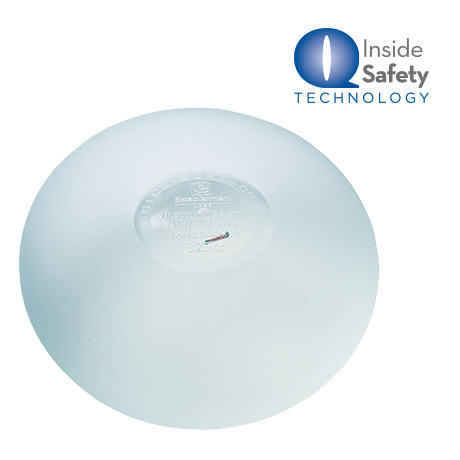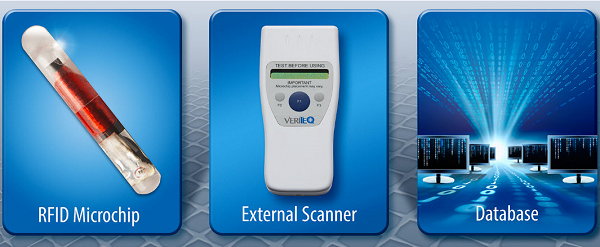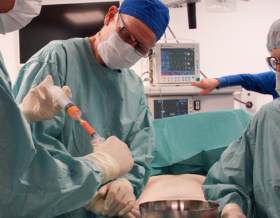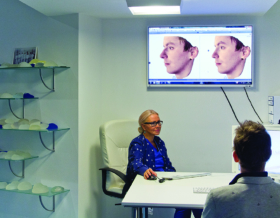 https://www.christinasclinic.ee/wp-content/uploads/IMG_1652-e1551942527890.jpg
800
1200
cc
https://www.christinasclinic.ee/wp-content/uploads/Christinas-Clinic-LOGO.png
cc2019-12-10 12:43:182020-09-10 16:19:36Bikini fitness champion, Julia Tšižova, talks about her breast enlargement experience
https://www.christinasclinic.ee/wp-content/uploads/IMG_1652-e1551942527890.jpg
800
1200
cc
https://www.christinasclinic.ee/wp-content/uploads/Christinas-Clinic-LOGO.png
cc2019-12-10 12:43:182020-09-10 16:19:36Bikini fitness champion, Julia Tšižova, talks about her breast enlargement experienceMotiva Implant Stores Product Information Electronically
Modern implants are meant to stay inside the breast for a lifetime. The prosthesis information along with the warranty should be kept for the same length of time, yet the papers are prone to getting lost. To prevent this problem, Motiva has attached an electronic passport to the implants.
Electronics are durable
In the case of complications, technical data of the implant along with the information about the previous surgery are a valuable material for the doctor. However, paper records, though stored responsibly, may be misplaced or deteriorate over time. Lack of information makes the doctors’ work difficult and reduces the opportunities for adequate treatment.
Motiva has found the solution in RFID technology.
A tiny, passive tag, the size of a grain of rice, which carries a 15-digit code within, is fixed on the implant. To receive the code, external energy in the vicinity is needed. This can be achieved with the help of a special reader which provides the energy needed to read the code.
Based on the number received with the reader, the product and the surgery-related data can be found on the database. This includes the name of the clinic where the surgery was performed along with the surgeon’s name, the date of the surgery, technical information about the implant and the implant’s warranty. In this way, crucial information about the implant is always carried with the patient.
For security purposes, the databases are protected with a password and accessible only by doctors, clinics and medical supplies producers, who follow the requirement of confidentiality. Without the proximity of the reader and the password, the information remains inaccessible.
Lack of information raises doubts
Some may think that the tag affects magnetic resonance imaging (MRI) or even airport security checks.
At St. Gallen Canton Clinic, in Switzerland, a study (2010) revealed that 13.56MhZ tags do not affect the functionality of imaging technologies, and that the latter, in turn, do not affect the reliability of the tags. Other findings from the same study showed that the computed tomography (CT) scan image quality was not impacted by the RFID tag.
It is also highly unlikely that the RFID tag would cause disruption by passing through security checks. The passive chip cannot independently communicate with another device, since it requires the presence of a special reader.
Some may even believe that the tag can be used to track the movement of people. But this tag does not differ from the technology inside the cards we already carry in our wallets, such as the cards to open doors or used on public transportation. However, they do differ in that we do not need to activate the implant’s tag on a daily basis, as we do with door cards.
RFID tags on Motiva implants are aimed to store data for a long period of time – the lifetime of an implant. The patient’s security, however, is of utmost importance to Motiva and making these tags secure has thus been a priority in the process of designing them thus it was a priority to make these tags secure in the process of designing them.
Breast augmentation
Duration: 1 hour




















